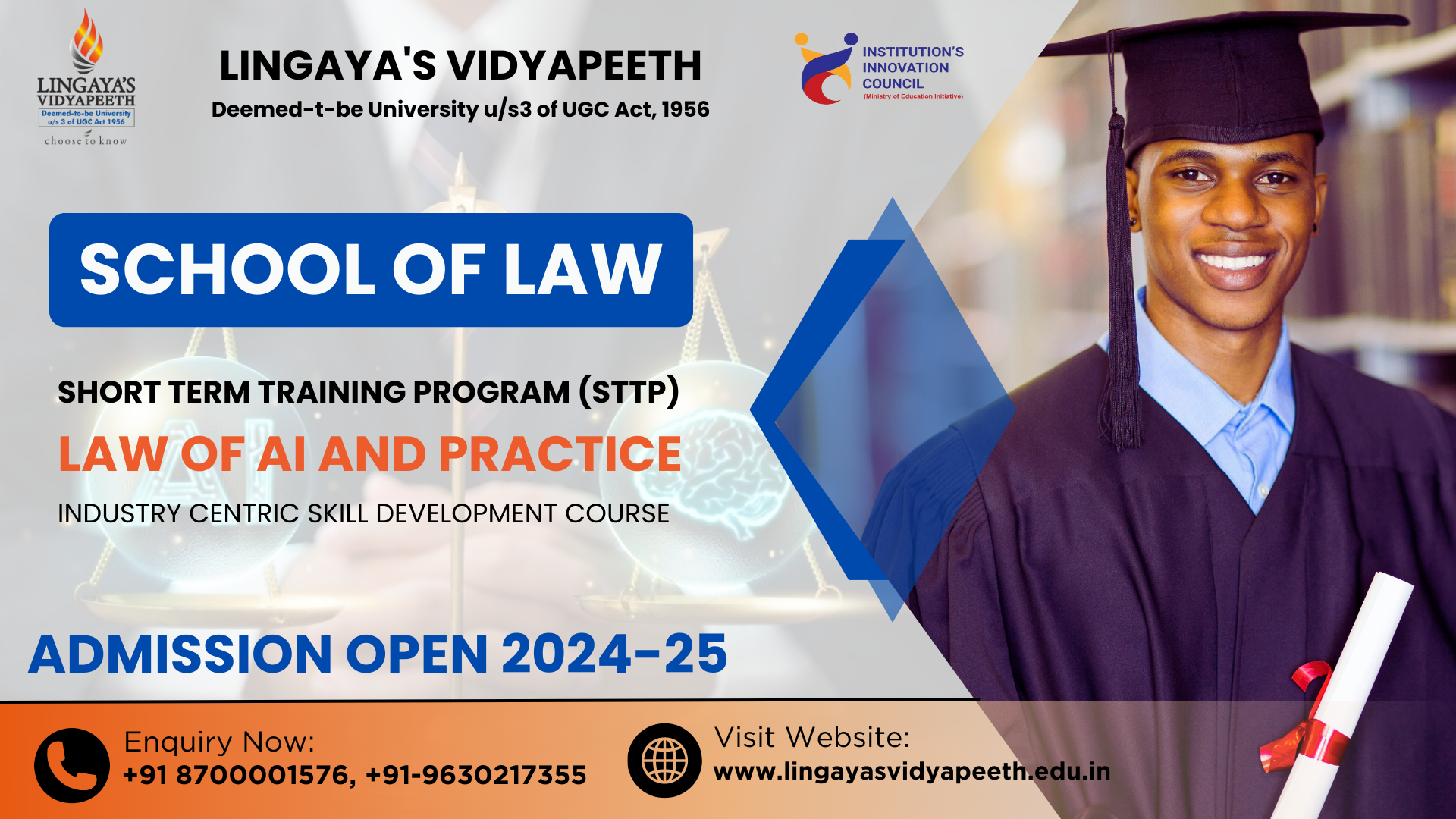Home » Law of Artificial Intelligence and Practice

Artificial intelligence (AI) refers to the simulation of human intelligence processes by machines, especially computer systems. These processes include learning, reasoning, and self-correction. Artificial intelligence encompasses many fields such as machine learning, natural language processing, computer vision, robotics and more. Artificial intelligence aims to create systems that can perform tasks that normally require human intelligence. These tasks can range from simple to complex.
AI systems can be designed to operate autonomously or augment human capabilities, making them valuable in a variety of industries, including healthcare, finance, transportation and entertainment. As AI advances, there is constant debate about its impact on society, including ethics, privacy, bias, and potential employment displacement. Despite these challenges, AI has enormous potential to improve efficiency, productivity and quality of life if developed and used responsibly. The field of artificial intelligence is broad and encompasses to a wide range of technologies and applications, each with its own legal perspectives and practices. As of my last update in January 2022, there is no specific law in India dedicated solely to AI.
However, some existing laws and regulations apply to different aspects of AI. It is worth noting that the legal and regulatory landscape surrounding AI in India is still evolving and there may be developments in the future, including the introduction of specific AI legislation or amendments to existing laws to address the new challenges and opportunities presented by AI technologies. There is no AI law that governs all aspects of AI, but there are several important areas where legal frameworks and practices have an impact:
In conclusion, the legal landscape surrounding artificial intelligence (AI) is multifaceted and continually evolving. While there isn’t a singular “law of artificial intelligence” that governs all aspects of AI. The law of artificial intelligence encompasses a diverse range of legal considerations and practices aimed at fostering innovation, protecting rights and interests, and ensuring that AI technologies are developed and used responsibly for the benefit of society. As AI continues to evolve, legal frameworks will need to adapt to address emerging challenges and opportunities in this dynamic field.

Lingaya’s Vidyapeeth School of Law is offering this fascinating program. That’s an exciting intersection of fields! Artificial intelligence (AI) and law is an emerging area that explores the applications of AI in legal practice, including legal research, contract analysis, predictive analytics for case outcomes, and even AI-generated legal advice. Are you considering taking this course in Lingaya’s Vidyapeeth? It’s an interdisciplinary subject that draws from both law and AI, providing students with a comprehensive understanding of the legal framework that governs issues related with AI.
This course in Lingaya’s Vidyapeeth, School of Law could be beneficial for students interested in pursuing careers in legal technology, legal research, or policy-making related to AI and its impact on society. It’s an exciting field with vast potential for innovation and transformation within the legal profession. If you have any specific questions about the course or its content, feel free to ask and contact us @ Lingya’s Vidyapeeth!
From
Prof (Dr.) Monika Rastogi
HOD
School of Law
Lingaya’s Vidyapeeth
Best Law Colleges in Faridabad
RECENT POSTS
CATEGORIES
TAGS
Agriculture Agriculture future AI Architecture artificial intelligence BA English BA Psychology BTech CSE BTech Engineering Business management career Career-Specific Education career guide Career Opportunities career option career scope Civil engineering commerce and management Computer Science Computer science engineering Data science degree education Engineering Engineering students English Literature english program Exam tips Fashion Design Fashion design course Higher Education Journalism journalism and mass communication law Law career Machine Learning MA Psychology Master degree mathematics MBA Mechanical Engineering Pharmacy Psychology Research and Development students
University Address: Nachauli, Jasana Road, Faridabad, Haryana
Toll Free: 1800-120-4613
Mobile : 8447744303 | 8447744304 | 8447744306 | 8447744309
Address: C-72, Second Floor, Shivalik, Near Malviya Nagar,
Above HDFC Bank, New Delhi 110017
Ph.No. - 011-46570515 / 45138169 / 41755703 / +91-7303152412
Jagmani Kutir, Ground Floor, Road No-1, Rajeev Nagar,
Near Darbar Marriage Hall, Patna-800024, Bihar
Contact No: 9818352069/8130120095
Mail: [email protected]
Copyrights © 1998 - 2025 Lingaya's Vidyapeeth (Deemed To Be University). All rights reserved.
It is important to note that the following email IDs and domains are fraudulent and do not belong to our university.
LV only conducts physical/online verification of any document related to examination on the following email id: